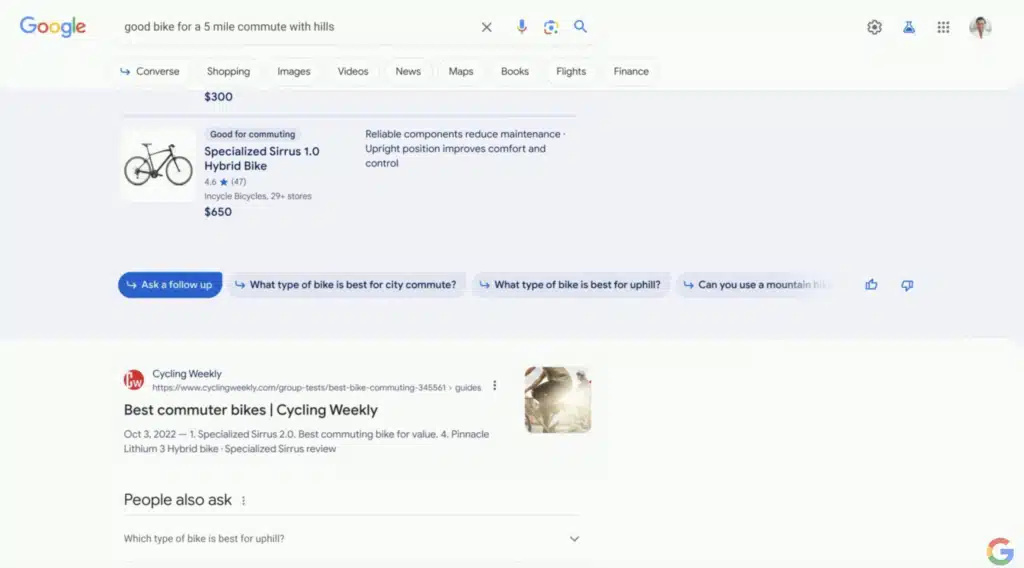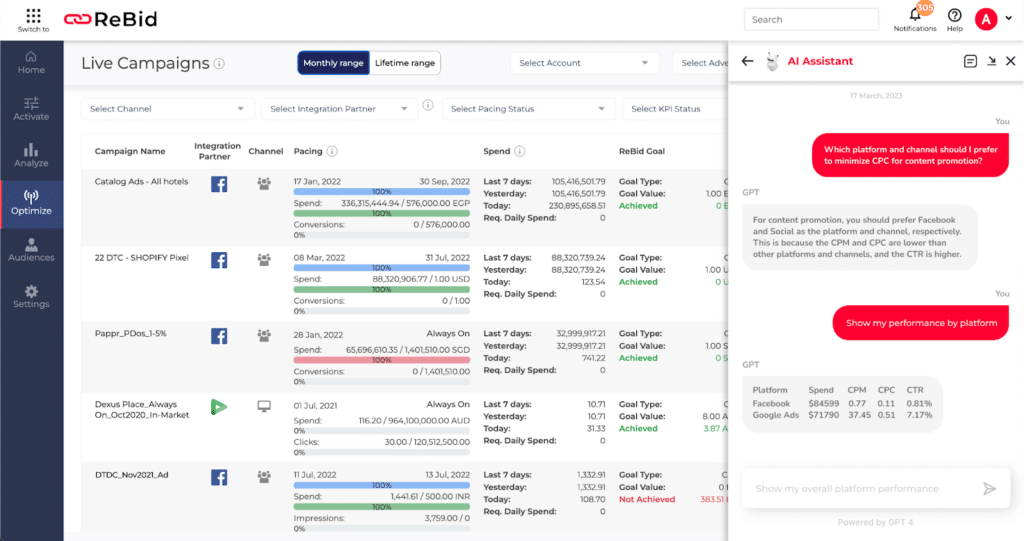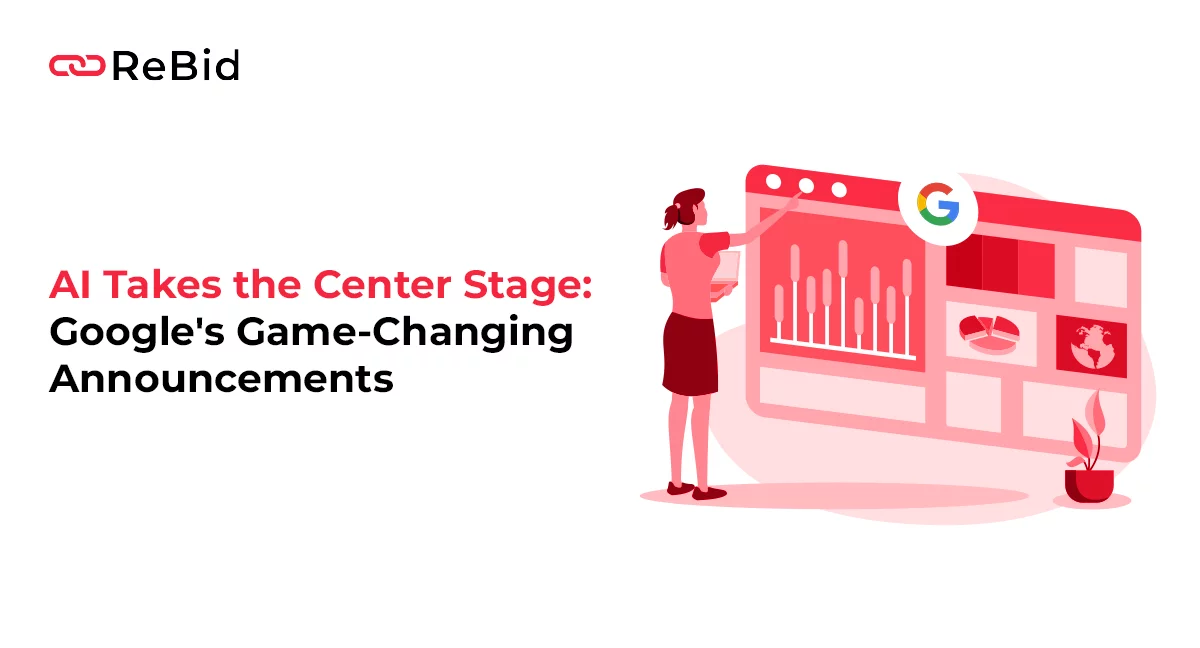The Google announcement about Generative AI at the Google I/O 2023 on May 10 could not have been more exciting. It’s safe to say that we were all eagerly waiting to see how Google would utilize Generative AI and its AI chatbot BARD.
The announcement consisted of 100 updates, with the majority of them being related to Generative AI at I/O 2023. The race to become the most AI-led company has officially begun. If you still think you can ignore AI or believe it to be a mere fad, think again. Don’t just take our word for it; Google CEO Sundar Pichai himself emphasized this at Google’s announcement. Pichai opened the event by stating that AI has had a very big year and said Google has now positioned itself as an “AI-first” company. In doing so, Google has “reimagined all of its core products.”
Based on this comment alone, it’s evident that we as marketers need to rethink and unlearn age-old tactics, starting with SEO. There is a substantial change in how Google will present search results. Before we delve into some of the important announcements, here are two tidbits explaining Generative AI.
What is Generative AI?
Generative AI refers to technology that can generate content, such as text, images, or videos, based on the data, patterns, and examples it has learned from a dataset.
When Did Generative AI launch?
Generative AI made its debut in the 1960s within the realm of chatbots. However, it wasn’t until 2014, when generative adversarial networks (GANs), a specific type of machine learning algorithm, were introduced, that generative AI achieved the remarkable ability to produce remarkably authentic images, videos, and audio featuring real individuals.
Google Announcement about Generative AI at I/O 2023
During the Google announcement about Generative AI at I/O 2023, it was mentioned that Generative AI has been incorporated into the search algorithms. This has various implications for search results and SEO practices.
Significant enhancements to Google’s core Search product were unveiled during the announcement. As part of these updates, specific queries will now display chatbot-style responses at the top of the page while traditional search results remain below. Additionally, the new features will incorporate recommendations and prioritize results derived from user-generated content, such as blogs. These enhancements will provide users with additional context related to their search queries and offer relevant product suggestions.
Furthermore, Search will introduce a conversational mode below the search results, allowing users to ask follow-up questions directly on the search page. This feature is particularly useful for searches that do not always have a definitive answer, enabling users to engage in a conversation with the AI to refine their search intent.

Google’s new AI – SGE
Google is calling the generative AI as Search Generative Experience (SGE), and it is different from BARD. SGE is accessible through Search Labs, a platform that offers early experiments in Google Search. According to Google’s announcement about Generative AI at I/O 2023, if you’re in the United States, you can join the waitlist for SGE by clicking on the Labs icon in the newest version of the Google app or Chrome desktop.
Current and Future Outlook of Search Ads
As a marketer, your next question would be how SGE is going to affect your Search Ads.According to the announcement, even with the Search Generative Experience (SGE), dedicated ad slots will continue to display search ads across the page. In this new context, advertisers will retain the opportunity to connect with potential customers throughout their search journeys. As Google gathers more knowledge, they will test and refine the advertising experience. The Search Ads will continue to feature the “Sponsored” label in bold black text.
Since Google is still testing SGE, marketers will have to wait and observe how it will affect Search Ads. Google has been leveraging AI, especially with the case of Performance Max, over the years. However, with SGE, it is changing the way users search, making it more conversational in nature. Therefore, it is crucial for marketers to adapt to these changes quickly and reconsider their SEO practices, along with their Search Ads.
Have you tried using ReBid’s Generative AI to analyze & optimize your campaigns?
At ReBid, we have also recently announced how we utilize Generative AI to optimize campaigns and help marketers increase ROAS across all platforms, including search, social, programmatic, and ecommerce. As a MADtech platform, our features are AI-driven, assisting marketers in reducing costs and saving time.

However, Google is not done yet. We are excited to see what new AI features Google is scheduled to announce on May 23, 2023. Stay tuned for our next update.





